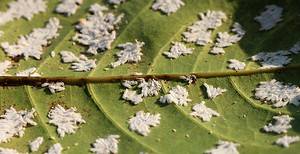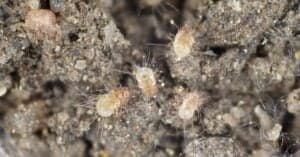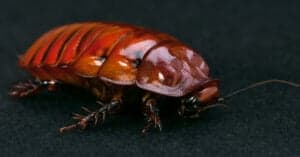Water bugs, commonly confused with cockroaches, eat a surprising number of things. While this beetle may not be your favorite thing to see, it is more common than you think.
So, what do water bugs love to eat? Water bugs eat insects, fish, algae, and very small animals that happen to be near the water.
While this answer may surprise you, water bugs are a unique bug to encounter, even when you may not want to. Let’s dive in and learn more about water bugs now!
What Does a Water Bug Eat?
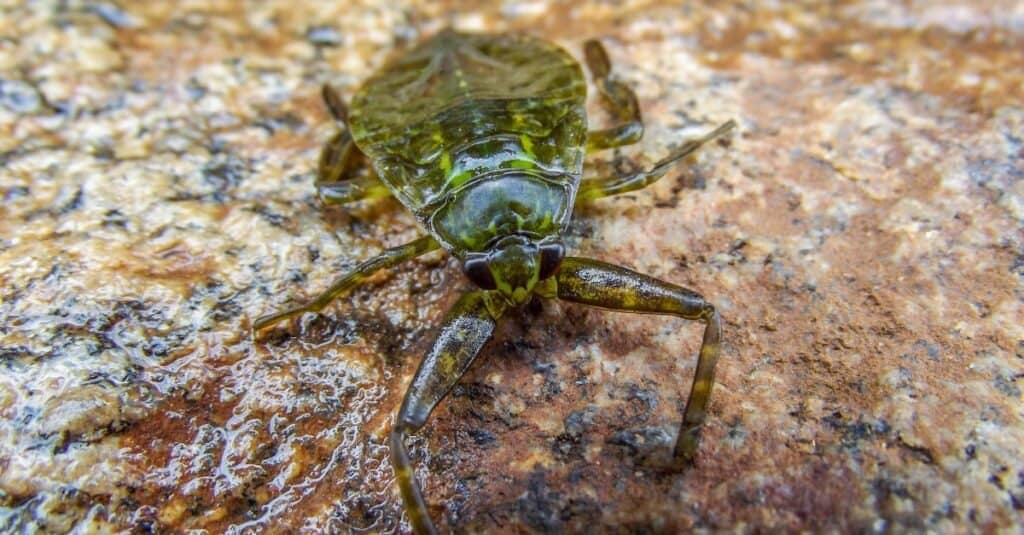
©iStock.com/Eric Kukulowicz
A water bug eats other insects, small fish, algae, and other very small animals such as snakes or baby turtles. This makes the water bug carnivorous and an insectivore, which may be a surprising fact.
Given that water bugs have approximately 1500 different species, what they eat is vast. There is an amphibious cockroach that prefers algae over other animals, and this type of bug can technically be called a water bug.
However, most cockroaches are scavengers and primarily eat decay, and are usually considered a non-aggressive species. The oriental cockroach is the more formal name for one type of water bug, and it is more violent in its intentions.
Given that this bug makes its home in the water, are there even more things it likes to eat? Let’s dive in.
A Complete List of 10 Foods Water Bugs Eat
Water bugs eat the following foods:
- Algae
- Bees
- Spiders
- Ants
- Other insects
- Small fish
- Baby turtles
- Baby snakes
- Human waste
- Human garbage
While a water bug prefers to eat other bugs given its predatory nature, a study performed by The Journal of Hygiene states that they will even eat human feces or skin flakes! When this bug isn’t hunting, it tends to favor scavenger tendencies.
According to the Galveston County Master Gardener Association, a water bug can kill and eat something that is 50 times its size. While this isn’t true for every single species of water bug, the predatory ones are powerful and capable insects.
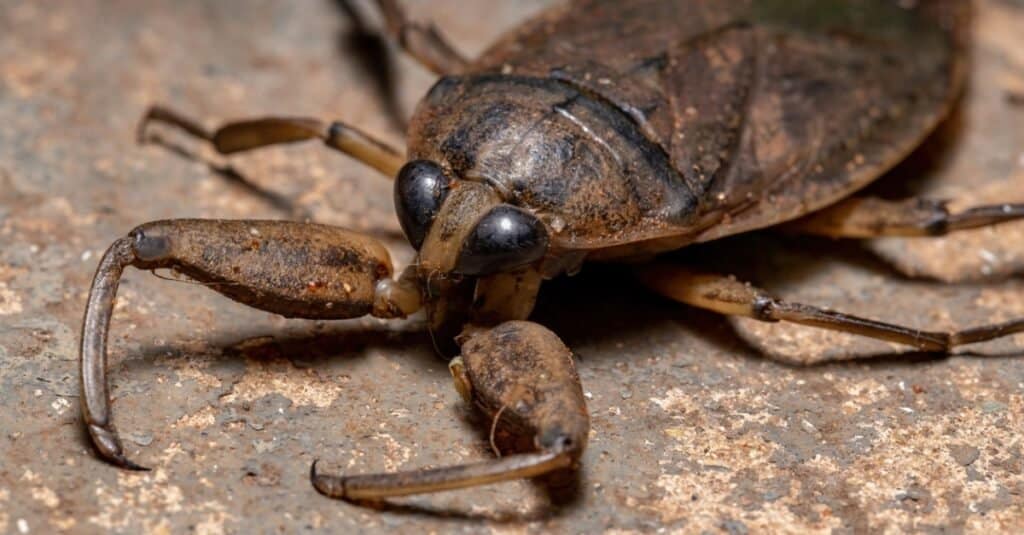
©iStock.com/ViniSouza128
How Does a Water Bug Consume Food?
Water bugs eat with their proboscis and a powerful liquefying enzyme. This allows these bugs to eat prey much larger than them- their enzyme is powerful enough to break down the insides of whatever they bite, allowing for easier digestion.
This method of eating is popular in the giant water bug, a highly predatory bug that lies in wait until it can attack its kill. It comes equipped with large pincers that allow the bug to hold and inject its kill.
According to National Geographic, the giant water bug has been known to take down turtles, snakes, and ducks despite its size never growing above 5 inches. More gentle species of water bug simply eat whatever is available to them nearby, such as human foods and algae.
Do Water Bugs Have Any Predators?
Water bugs have predators, including the following animals:
A huge threat to water bugs is not necessarily a predator: it happens to be water pollution. While water bugs are usually regarded as a hearty species, water bugs are often victims of pollution and things beyond their control.
Water bugs can defend themselves against predators. They are capable of emitting an odor to dissuade any hungry mouths, and they are also excellent at camouflage. Most water bugs will lie still on the surface of the water, appearing like leaves so that predators will leave them be.
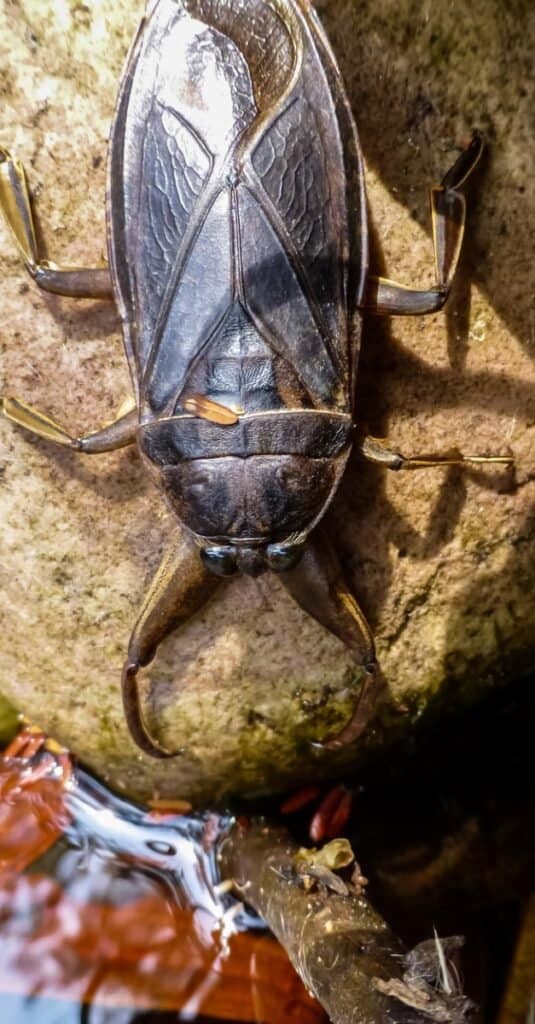
.
©iStock.com/Uwe-Bergwitz
Is a Water Bug Dangerous to Humans?
Water bugs can bite and spread disease to humans, so they are technically dangerous. However, this danger is relatively mild, and you should feel safe swimming in freshwater areas even if water bugs are present.
Water bugs will not attack humans, but they are capable of defending themselves. This is how they have gotten the nickname “toe biter” throughout their existence. Many water bugs will bite in between the toes of an unsuspecting swimmer, as a sign for humans to back off.
And it will make you back off- according to the Wilderness & Environmental Medicine Journal, a water bug bite can be among one of the most painful insect bites possible. This is partially due to their unique liquefying venom.
This venom does not make humans melt, like it will to other smaller creatures. However, some people report unique and rare allergic reactions to water bug bites. It may be wise to avoid them if you see them swimming with you!
They can also be dangerous given that they are a type of bug or roach. Water bugs have the potential to carry diseases, such as salmonella, dysentery, giardia, and leprosy. However, these diseases can be rare and are not likely to harm you unless a water bug crawls on your food.
What Does a Water Bug Consume in Summer?
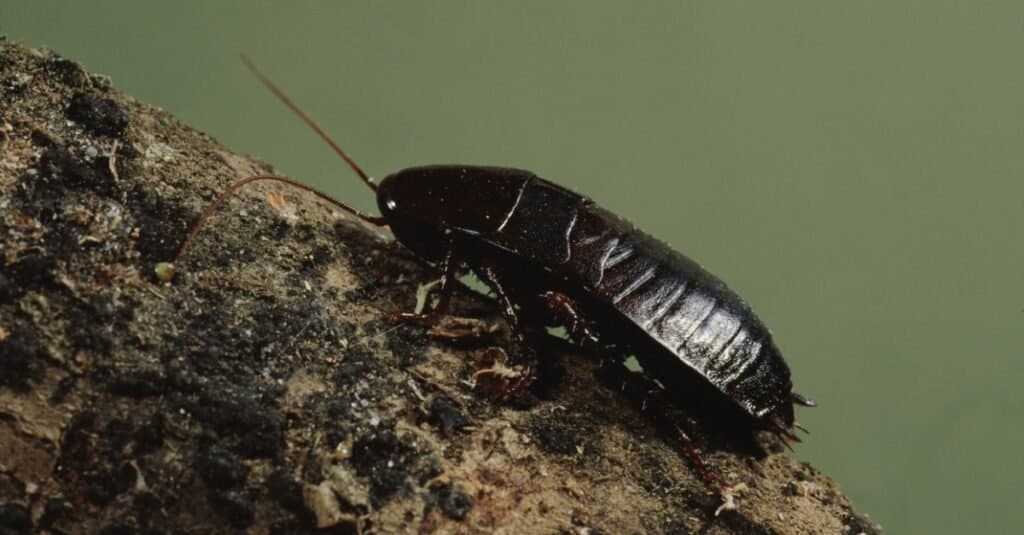
.
©iStock.com/Weber
A water bug eats the same things in summer as it does any other season. However, you may be more likely to see water bugs during the hot and dry months than any other time.
This is because this bug’s natural habitat is more likely to dry up in the hot summer sun. You may find your pool full of these creatures, given that they also tend to travel in groups. No one wants to share their backyard with water bugs!
This is a popular breeding time for these little bugs as well, so their drive for food will be higher. You may find that water bugs are more aggressive in the summertime because of this reason. If you have noticed water bugs in your backyard, it may be a good idea to avoid them at all costs!
The photo featured at the top of this post is © iStock.com/ViniSouza128
Thank you for reading! Have some feedback for us? Contact the AZ Animals editorial team.



